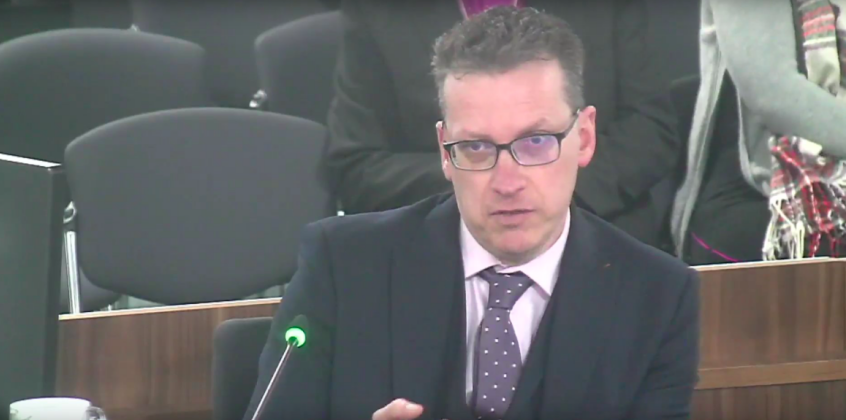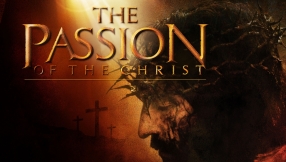Rape and other serious abuse carried out by priests and bishops today may still be ignored and not properly reported, the Church of England's head of safeguarding admitted yesterday.
Graham Tilby, the CofE's national safeguarding adviser, told the Independent Inquiry into Child Sexual Abuse (IICSA) that despite major investment the Church still lacked proper systems to make sure serious cases of abuse were passed up the chain of command.

IICSA is holding three weeks of hearings into the diocese of Chichester as a case study for the wider Church of England. It is asking whether senior clergy colluded in, covered up or facilitated abuse.
Before the inquiry the CofE's lead bishop on safeguarding, Peter Hancock, told the ruling general synod that spending on safeguarding had increased fivefold since 2014 as the full scale of abuse committed by priests emerged.
But Tilby, who was appointed the Church's first national adviser in 2014, said he still could not be 'as confident as I would want to be' that serious abuse would be passed on to his team at the Church's headquarters in London.
Asked whether there were cases when dioceses had not reported abuse he told Professor Alex Jay, chair of the inquiry: 'You only know what you know, in a sense. There are certainly situations where you discover a bit later on [that abuse had not been reported] and we would go back and have a conversation with the diocese.
'The duty to report has been only been quite recent in terms of allegations against church officers. So there is a period of embedding that to make sure if a flow of information.'
He added: 'I am as confident as I can be that when something is serious or highly complex that it is reported to us.
'In the absence of the systems I have talked about, in the absence of a case management system and a national overview, I think I am not going to ever be as confident as I would want to be because the infrastructure isn't there in terms of what I would have expected from my local authority experience.
'Until we build that infrastructure I don't think we can be fully confident.'
It comes after an anonymous witness, who was abused by the former bishop of Gloucester, Peter Ball, accused bishops of a 'lust for control'.
The victim, known only as AN-A8, told the panel the Church 'infantilised' parishioners so they could be controlled and it needed to embrace a 'culture of challenge'.
The Church should be 'a place where Christians can challenge everybody around them in order to not quite be so infantilised,' he said.
'One of the things the Church does, the church hierarchy and bishops, is to make sure that people, Christians, are as infantilised as possible, so that they can be controlled. If you are going to be saved, you have to have a 'one-size-fits-all' approach. That is to say, go to church and don't say anything.'
Asked if the Church's attitude to homosexuality had affected it's response to allegations of child sexual abuse, a question the inquiry has repeatedly probed, AN-A8 said: 'The matter is not about sex: it is about control – the lust for control. What bishops, in particular, need to do is to examine why they have a lust for control. There is a psychology behind it, a sociology behind it – also, a very long history. These are the things that need to be homed in on and checked out.'
The Church of England has repeatedly apologised for its past failures in dealing with abuse allegations but has said its approach has improved.
The archbishop of Canterbury, Justin Welby, who is due to give evidence to the inquiry on Wednesday, said in his written statement: 'The failures that we have seen are deeply shaming and I personally find them a cause of horror and sadness. That children have been abused in the communities of the church is indeed shameful.'
However the witness AN-A8 accused the Church of using apologies as a 'weapon'.
He said: 'It is a way of saying: "We have now taken account of you; you are in our sights; you are our enemy: you are not part of our team. We have now discharged our responsibilities with regard to you with this apology; so you can now go away and never darken our doors again."
'It is a way of saying goodbye... They have gone through the wringer of being looked at by lawyers and insurers. You wonder how genuine these things are, or whether they are done just for the look of the thing. Hypocrisy is the problem here.'













